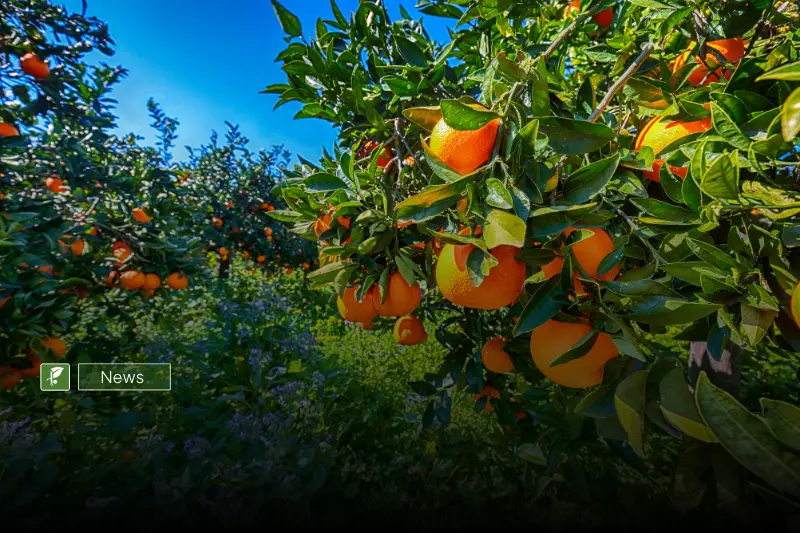Achieving food self-sufficiency within four years is one of President Prabowo Subianto’s key goals.
Various steps will be taken to reach this target, one of which is the cancellation of debts for farmers, fishermen, and UMKM (Micro, Small, and Medium Enterprises).
These debts have made it difficult for fishermen and farmers to secure loans from banks. But is this policy a wise move, or could it backfire?
Debt Cancellation for Welfare
To achieve food self-sufficiency, the government must prioritize the welfare of farmers. President Prabowo hopes that by canceling these debts, farmers, fishermen, and UMKM operators will be able to continue their businesses without being burdened by debt.
This way, farmers and fishermen can become more empowered and contribute to advancing the nation’s food sector.
UMKM, fishermen, and farmers play a crucial role in supporting national food security.
Also read: Farmers ask to abolish job creation law, what’s wrong?
Criteria for Debt Cancellation
There are certain criteria that UMKM, fishermen, and farmers must meet to be eligible for debt cancellation.
One requirement is that the UMKM must be engaged in agriculture, plantation, fishery, livestock, or marine sectors and be listed for debt cancellation by the Association of State-Owned Banks (Himbara).
According to available data, around 1 million UMKM are listed for debt cancellation by banks. This list includes UMKM affected by various issues, such as natural disasters and the pandemic.
Could Debt Cancellation Be a Good Step Forward?
Canceling debts for agricultural businesses could indeed be a positive step. This strategy could be a solid beginning to strengthen Indonesia’s food sector.
Farming communities and agricultural enterprises could apply for new loans from banks to fund their businesses.
Even Ronny P. Sasmita, a senior analyst at the Indonesia Strategic and Economic Action Institution, believes that debt cancellation could be a beneficial step for the future.




